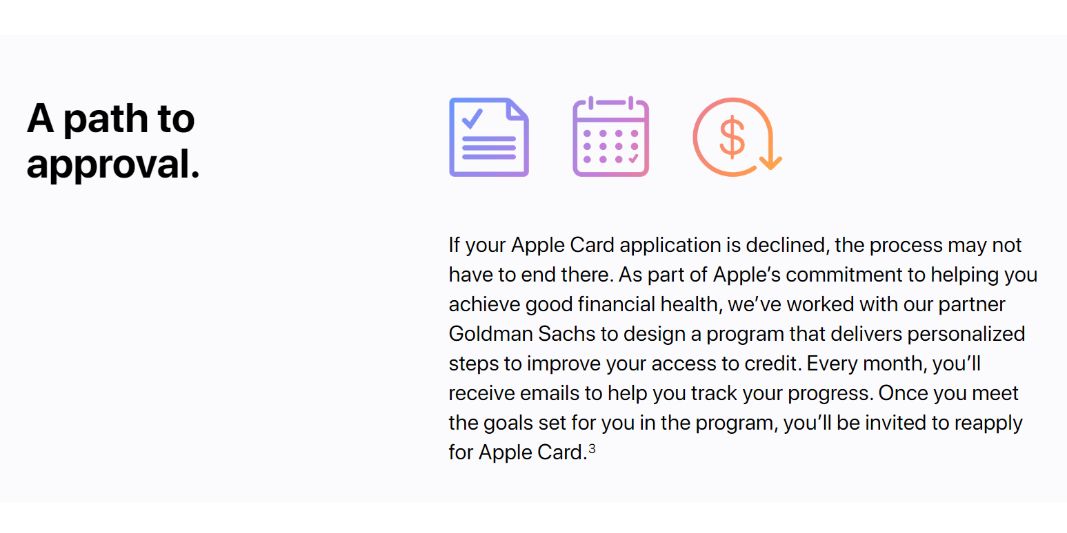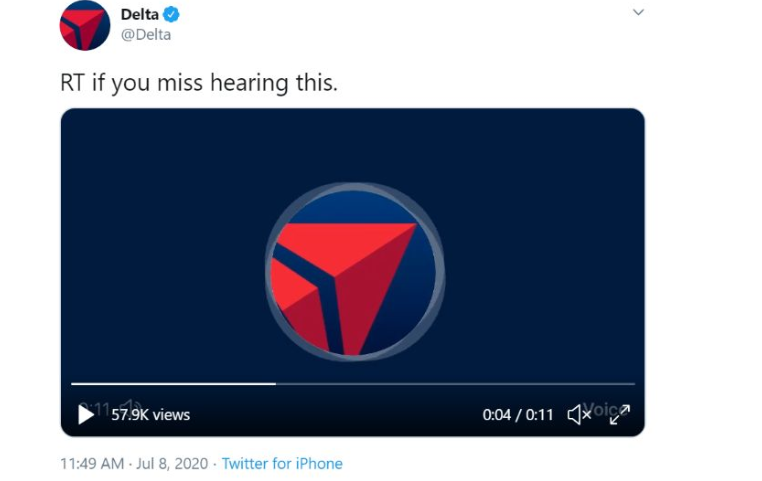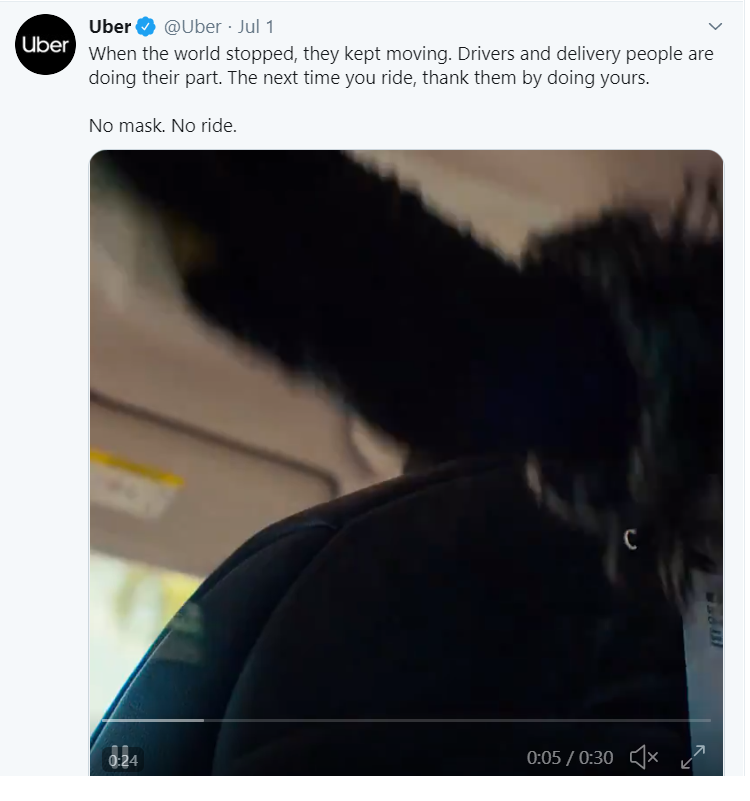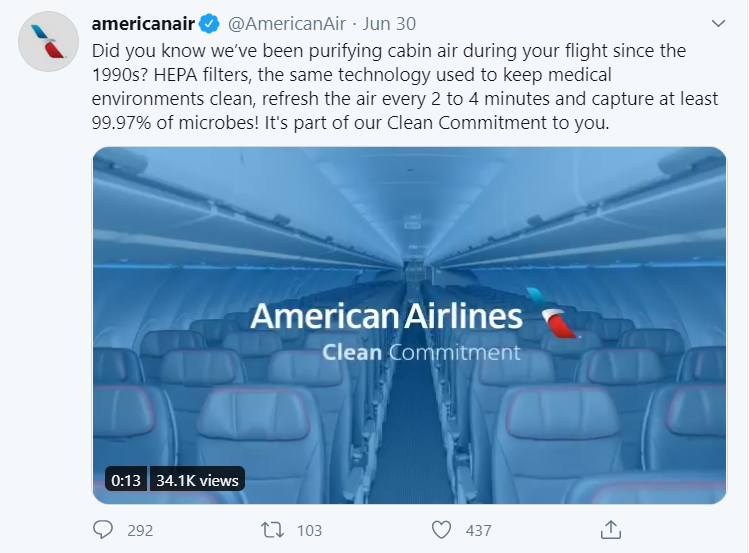[Series] Social responsibility amidst recovery: Companies look to ease consumer worries
In this series, our analysts discuss how brands are addressing and practicing social responsibility amidst recovery during the COVID-19 pandemic. This week, we take a look at how companies look to ease consumer worries while navigating autonomy and compliance.
Provide stability
Financial services companies are promoting resources and tools that ease the financial burden while aligning value propositions to consumer changes in spending priorities.
To increase access to credit, Apple’s Path to Apple Card program offers declined applicants a path to approval.
Apple offers “a path to approval” for applicants that were denied credit. Using the information provided in the application, Apple Card offers personalized tasks and a monthly progress check.

Netflix pledged $100M to support Black-owned banks.
Netflix is going to allocate 2% of its cash holdings – initially up to $100M – into financial institutions and organizations that directly support Black communities in the US.
As the first step in this $100M commitment, Netflix will be holding $35M in two vehicles:
- $25M will be moved to a newly established fund called the Black Economic Development Initiative. It will be managed by the Local Initiatives Support Corporation (LISC), a non-profit with a track record of developing underinvested communities.
- $10M will go to Hope Credit Union in the form of a Transformational Deposit to fuel economic opportunity in underserved communities across the Deep South.
Bridging the racial wealth gap requires bringing more capital into underserved communities and Netflix is putting its money where it matters most.
Be flexible
The balance between autonomy and compliance is delicate as brands enforce mandates, this is showcased in stores’ regulations for in-person shopping. It’s all about flexibility, yet bounded by guidelines.
Uber extended its mandatory mask policy indefinitely throughout the US and Canada and launched a “No mask. No ride” campaign. The company previously said that both drivers and riders were required to wear masks during trips through June. The extension is based on guidance from the CDC.
Airlines are enforcing new (and not so new) safety standards to mitigate travel fears.
Delta embraced a prominent medium for nostalgia—sound, and made use of Twitter’s new audio tweet feature with its boarding audio.
Twitter started rolling out the new feature to select users on June 17. Each voice tweet captures up to 140 seconds of audio. Once you reach the time limit for a tweet, a new voice tweet starts automatically to create a thread. The feature provides a new way for brands to use sonic identities to connect with consumers on an emotional level.

What we think
As regulations and re-openings fluctuate, brands can comfort consumers by providing frameworks for personal wellbeing.
COVID-19 is a health issue. So it’s no surprise that companies are focusing on wellness—both figurative and literal—as they help consumers come to terms with the new daily reality of emotional and economic stress, and uncertainty.
Consumers’ actions support the Mintel Trend Driver Wellbeing, particularly the psychological and physical aspects. Brands can make their efforts effective by intertwining the two, as they already have been by showing how physical regulations can soothe consumers’ emotional concerns.
Identify the emotional benefit that your service/product offers and then build associations with the problem and solution, as we’ve seen from brands like Apple and Delta.



![[Watch]: Innovate to elevate! A rallying cry for card marketers](https://welcome.comperemedia.com/wp-content/uploads/2020/06/CM_SocialMedia_InnovateToElevate_Purple300_Blog_2000x1000.jpg)


